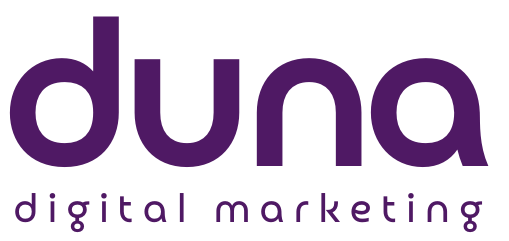When it comes to selling online, business owners are often faced with a big decision: should you sell on Facebook Marketplace or invest in a traditional e-commerce platform like Shopify, WooCommerce, or Wix?
Each option offers unique advantages, and understanding the differences can help you choose the right path for your business—especially when supported by agências de marketing, agências de tráfego pago, and solid criação de sites strategies.

The Basics: What Are the Key Differences?
Facebook Marketplace
Built into the Facebook app and website
Designed for local and informal sales
Free to list items
Immediate access to Facebook’s massive user base
Limited customization or branding
Traditional E-commerce Platforms
Require a dedicated website or online store
Offer full branding and customization
May involve setup and hosting fees
More control over user experience and customer data
Better suited for scaling nationally or globally
Advantages of Facebook Marketplace
1. Fast Setup and Zero Cost
Listing on Facebook Marketplace is quick and free, making it ideal for startups or businesses without the resources for full website creation. You can start selling in minutes.
2. Built-In Traffic
You don’t need to worry about generating your own traffic initially. Facebook already has a built-in audience, and with help from agências de tráfego pago, you can amplify your visibility using targeted Facebook Ads.
3. Great for Local Sales
If your focus is on local buyers, such as a bakery, boutique, or home service business, Marketplace is ideal. It naturally prioritizes listings by location.
Advantages of Traditional E-commerce Platforms
1. Professional Branding
With a dedicated website, you can fully control your brand’s image, user experience, and product presentation. This is something agências de marketing specialize in—helping businesses build strong, recognizable online identities.
2. Scalability
Traditional platforms are better suited for managing large inventories, automating processes, and scaling up. If you’re planning to grow your business significantly, this is the more sustainable option.
3. More Sales Tools
You can integrate CRMs, email marketing tools, payment gateways, and analytics into your site, giving you deeper insights and more sales capabilities.
What About Using Both?
Many successful businesses combine both approaches. They use Facebook Marketplace to attract local traffic and test products, while relying on a professionally built site for long-term sales and scaling. Marketing agencies and agências de tráfego pago often recommend this hybrid strategy to maximize exposure and conversions.
Choosing the Right Path for You
| Feature | Facebook Marketplace | Traditional E-commerce |
|---|---|---|
| Setup Cost | Free | Varies (medium-high) |
| Speed to Launch | Very fast | Slower |
| Branding Control | Low | High |
| Local Reach | Excellent | Limited (without ads) |
| National/Global Scaling | Limited | Excellent |
| Ideal For | Local businesses, test products | Scaling businesses, full branding |
Final Thoughts
If you’re just starting out or focusing on local sales, Facebook Marketplace is a smart, low-cost option. However, for full control and long-term growth, investing in a proper online store—ideally through expert criação de sites—is the better path.
Working with marketing agencies ensures your brand is positioned correctly on both platforms, while paid traffic agencies help bring the right audience to your products, wherever they’re listed.

